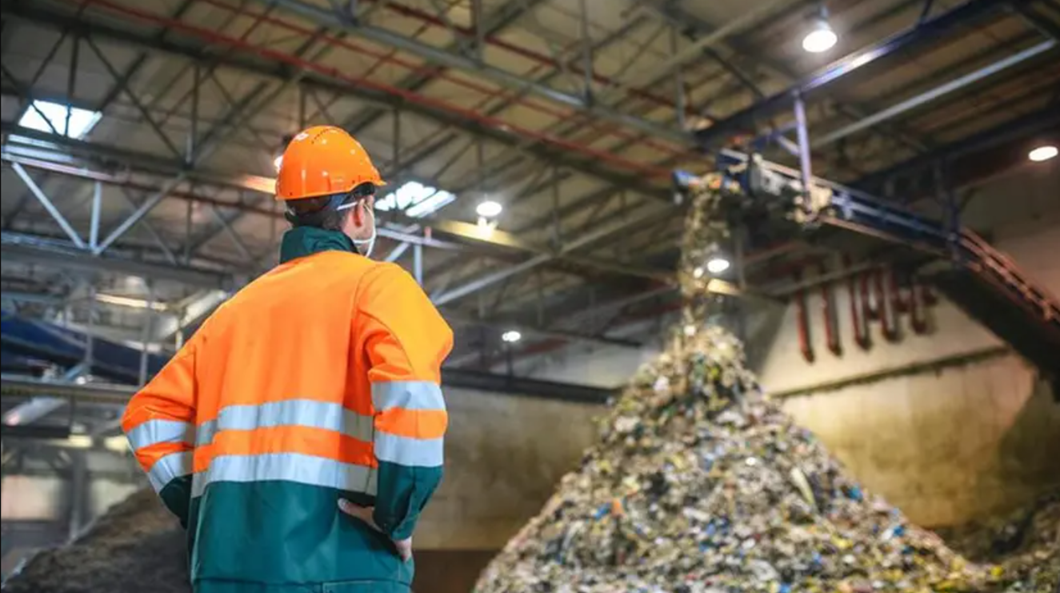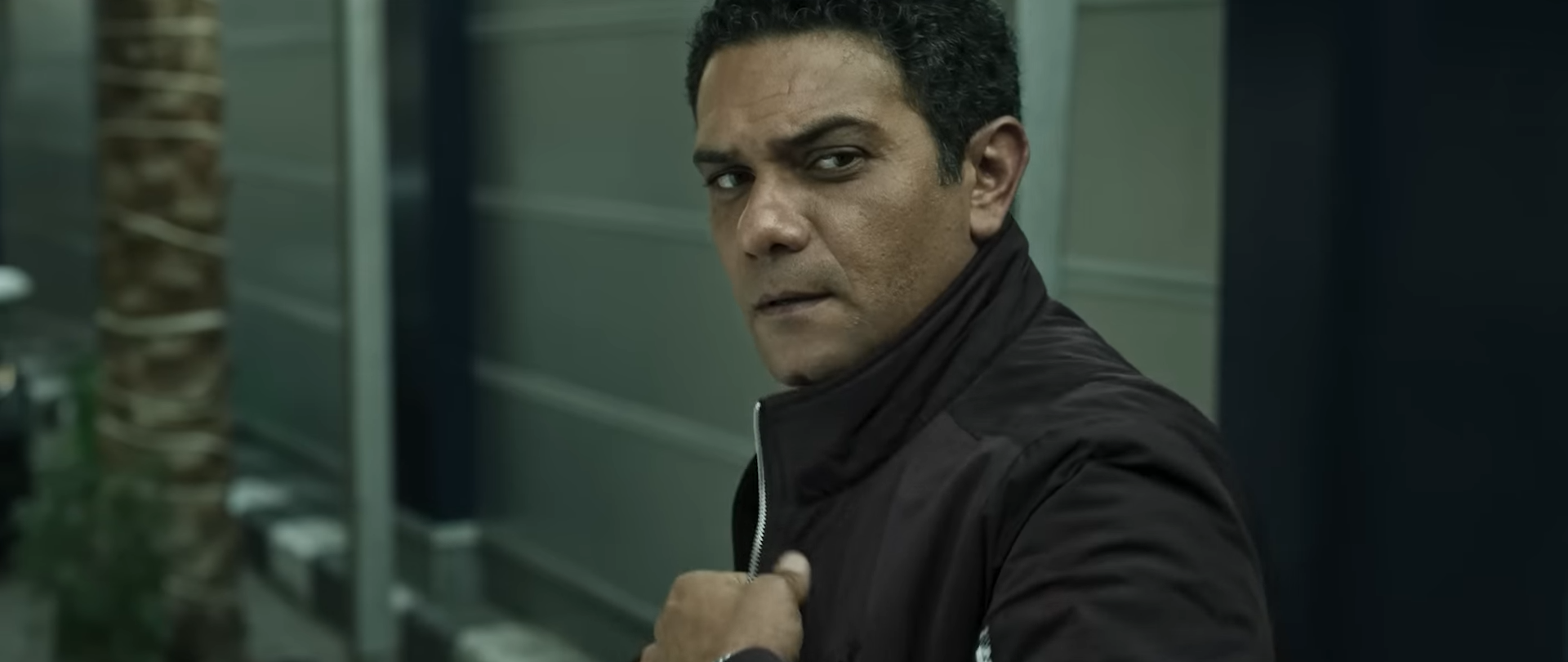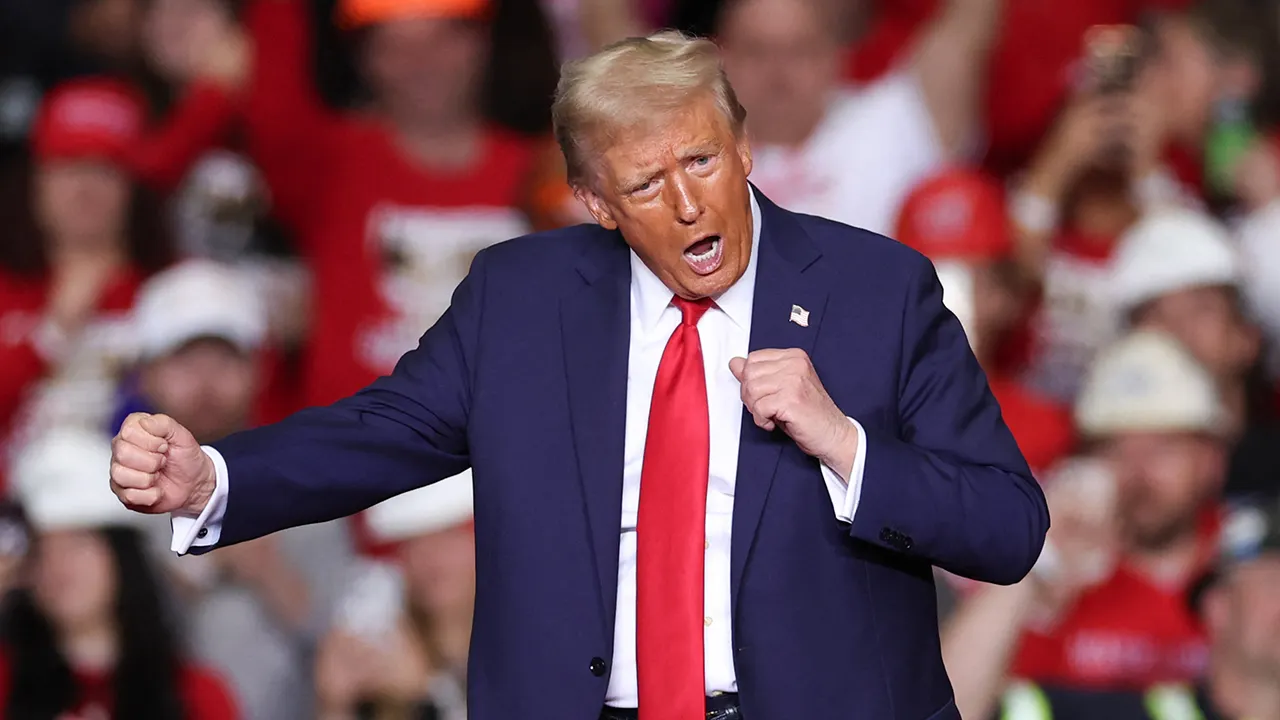The first municipal solid waste treatment and energy conversion station project in Egypt is under implementation in Abu Rawash, through a cooperation between the National Organization for Military Production, Renergy Group Partners — a consortium of experts in engineering, technology, project financing, and construction — and the Giza Governorate.
Through a major consultancy process, the Ministries of Environment, Finance, Electricity, Local Development, Housing, and Military Production support the project.
The project is set to contribute to maximizing waste utilization by reducing the volume of waste destined for final disposal, and turning it into electricity, thereby mitigating emissions from the waste sector—a significant contributor to climate change. The station seeks to process 1200 tons daily into 30 megawatts of electricity per hour.
This initiative marks a significant step towards localizing waste-to-energy technology in Egypt through a sustainable model and bolstering partnerships with the private sector.
Another goal of the initiative is to enhance environmental investment in Egypt, providing equal opportunities for participation, with an investment cost of approximately USD 120 million (EGP 5.75 billion).
Discussions are underway with the Giza Governorate to secure land spanning approximately 500 square meters to accommodate facilities for the power distributor and to integrate the waste treatment plant with the Giza Industrial Transformer Station.
During a discussion on 5 June, Yasser Abdullah, assistant minister for waste affairs and chief executive officer (CEO) of the Waste Management Regulatory Authority, and Hossam Allam, the regional director of the Sustainable Growth Program at the Center for Environment and Development for the Arab Region and Europe (CEDARE), deliberated on the tools and mechanisms for implementing an electronic waste management system.
They highlighted the roles and responsibilities of producers and importers, highlighting the financial accountability for the environmental impacts of their products or residues. This responsibility extends to the post-consumption phase, which encompasses collecting, recycling, and final disposal of products in compliance with Waste Law No. 202 of 2020.
On 5 July, Abdullah, Ali Al Dhaheri, chairman of the board of the Emirati company Tadweer, a subsidiary of the Emirati holding company ADQ, and Robert Falk, CEO of Green Tech Egypt, and Eslam Ramadan, the company’s manager, met to discuss the project’s progress, procedural, logistical, and investment challenges, and proposed solutions.
During the meeting, Falk praised the ongoing coordination between stakeholders in executing the project, emphasizing its significant positive impact on the Egyptian environment and economy.
They also mentioned the need to establish a comprehensive training program for employees of the Waste Management Regulatory Authority, the Ministry of Industry, universities, and the private sector. The training would cultivate a team of specialists proficient in evaluating the conditions as well as operations of factories, and companies engaged in electronic waste management.
Falk emphasized the importance of aligning perspectives and coordinating among project implementers. He expressed readiness to continue collaboration in the upcoming period to replicate the experience in other locations across Egyptian governorates, aligning with Egypt’s national priorities. This would leverage the company’s expertise gained from preparing similar projects.
The ambitious project could contribute to creating a healthy and clean environment in Egypt, enhancing climate security, and improving the living conditions of its citizens.





















Discussion about this post